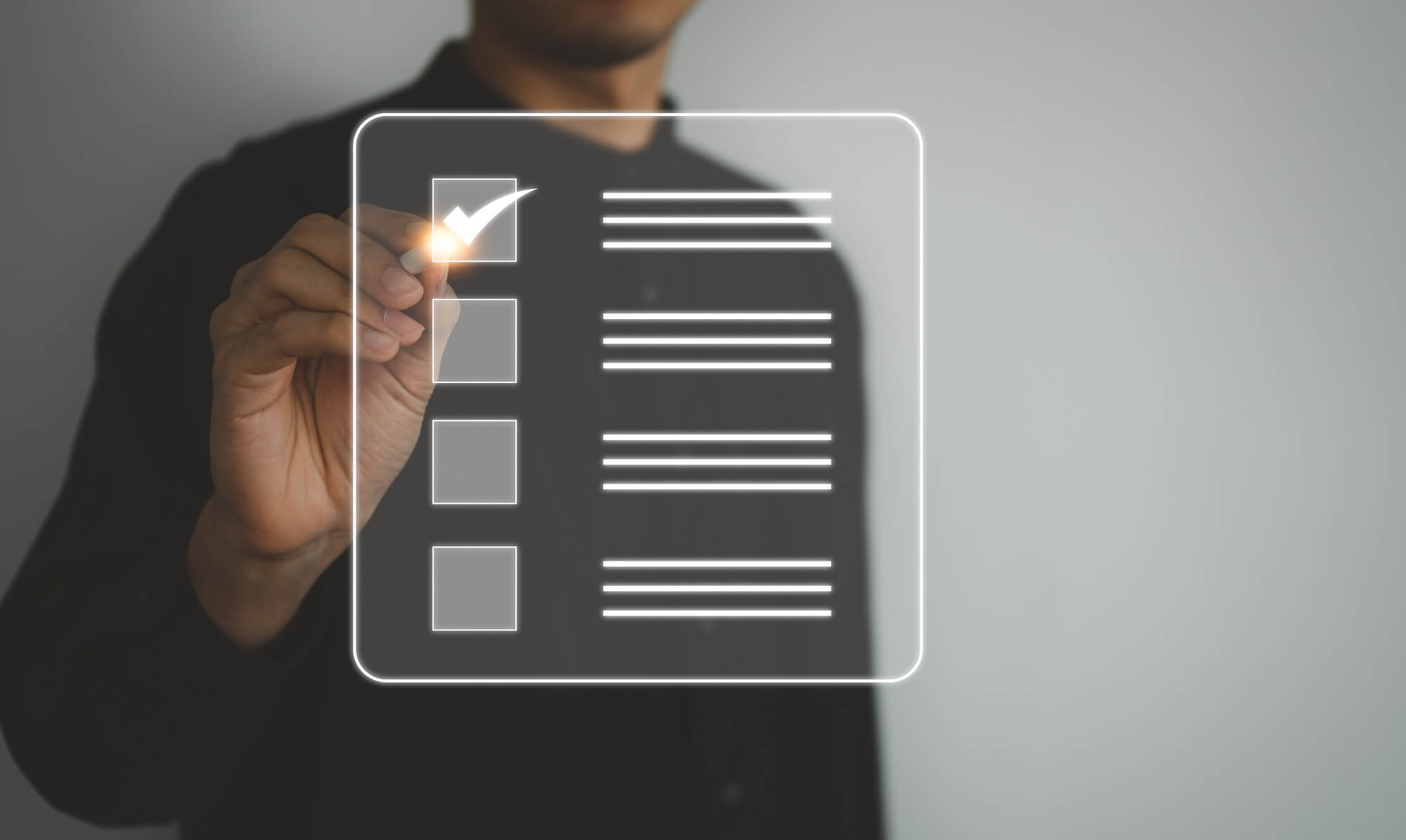What Are the Requirements for a Last Will and Testament in Florida?
A Florida Last Will and Testament is a legal document that a person called a testator prepares to express their wishes for property and money division after their death. The testator usually names an individual who will be responsible for the will execution – an executor.
People or organizations that will get assets are called beneficiaries. Generally, the more detailed the document is, the easier it will be for relatives to satisfy the testator’s demands after their death. Besides focusing on monetary holdings, a person writing a will can assign guardians for minor children, mention people who will take care of pets, or specify any other aspects they consider valid.
Writing a Last Will and Testament in Florida can be challenging without involving legal consultants. A testator may not be familiar with specific terms, signing rules, and other regulations. Still, if you want to create a will on your own, pay attention to the following requirements for the document to be valid:
- Legal age – a testator must be 18+ years old.
- A testator must be mentally competent, which means a person understands the nature of the document and its legal implications.
- A will must be in a written form. Audio or video forms aren’t accepted in the state.
- A testator must sign the will. If a person physically cannot add a signature, another individual can do so on a testator’s behalf, according to their instructions.
- At least 2 witnesses must be present when the will is signed. Besides, they both must sign the document. Witnesses must be over 18. It is recommended to choose non-beneficiary witnesses to avoid possible conflicts later.
Does a Last Will and Testament Need to Be Notarized in the State of Florida?
There is no strict requirement for a testator to notarize a will. Still, if a person wants the document to become “sell-proving,” they may choose to sign it in the presence of a notary public. The main reason to notarize a will is to simplify the probate process.
Typically, when a probate begins, witnesses have to arrive at the court and testify that the will is authentic. With the sell-proving will, witnesses’ testimony isn’t required to validate the document and distribute the testator’s assets.
How to Make a Will in Florida?
If you think about creating a will in Florida, use this step-by-step guide:
| Steps in Order | Actions That Are Required |
| Step 1 | Compile a detailed list of personal property subject to division after your death.
|
| Step 2 | List beneficiaries who will inherit your assets. Decide who will get what.
|
| Step 3 | Choose an executor.
|
| Step 4 | Designate a guardian if you have minor kids.
|
| Step 5 | Draft your will, ensuring you have described all important points.
|
| Step 6 | Choose 2 witnesses.
|
| Step 7 | Sign the will in the presence of your witnesses. Wait for them to add signatures as well.
|
| Step 8 | Find a place for keeping your will. Make sure your personal representative knows where the document is stored. |
Download Last Will Sample
Finding a reliable last will template online can be challenging. Though many companies offer such forms, you need to double-check whether a template meets legal requirements. Below is an example of a possible will form in the state.
When to Use a Florida Last Will and Testament
Creating and using a Last Will and Testament is advisable in several situations:
- When a person has serious health concerns or reaches older age and wants to have a clear plan for the division of personal belongings.
- If an individual has acquired significant assets, e.g., investments or real estate.
- If any serious life change, like marriage, divorce, or childbirth, took place.
- When a testator plans to leave particular items to specific relatives or friends. Such gifts in Florida are called bequests. With a will, the bequests have legal force.
- If a testator wants the assets to be divided based on their personal wishes rather than Florida’s intestacy succession laws
FAQs

Can I Write My Own Will in Florida?
Yes, you can do that independently. However, you will need to know the legal requirements for writing and signing a will to ensure its validity in the future. Besides, it may be difficult to find a proper sample online.
How Much Does It Cost to Have a Last Will and Testament in Florida?
You don’t have to pay anything if you write a will yourself. If you choose to order document preparation from online services, the prices can vary from $150 to $500, on average. When hiring a lawyer to assist with creating this document, be ready to pay from $500 to several thousand or more, depending on the situation.
Do You Need a Lawyer to Make a Will in Florida?
There is no strict requirement for hiring a lawyer to make a will, and you can try creating it on your own. Still, check all the requirements beforehand so that the document does not contradict the law.
How to Get a Copy of a Will in Florida?
Typically, copies of wills and other public record documents are available in the probate court in Florida. You can submit a request to obtain it in person or online. You may be charged a fixed fee for a copy.
